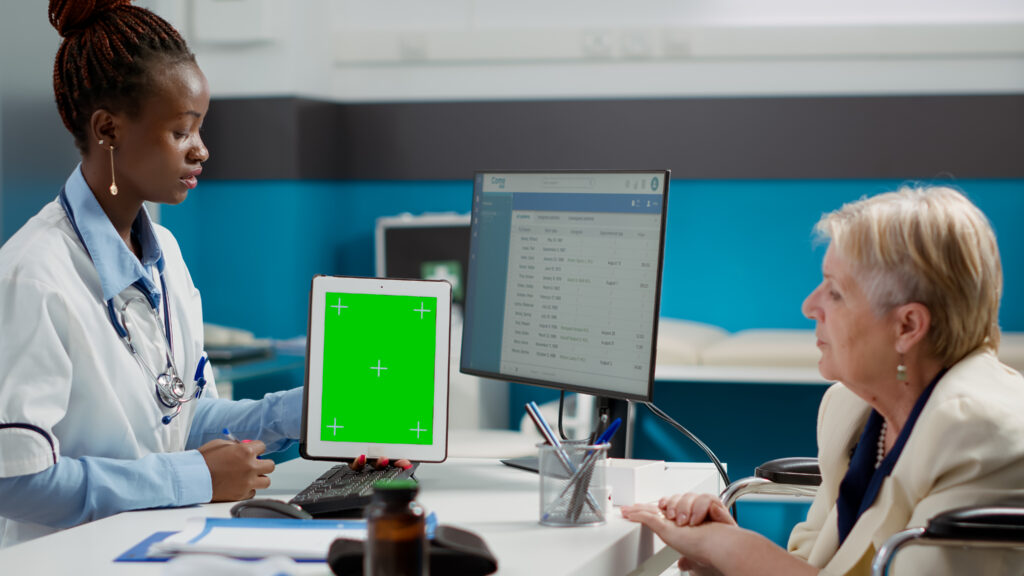Why Health Risk Assessments Matter in Healthcare

Health Risk Assessments (HRAs) have become a vital tool in the changing healthcare landscape, as the emphasis is moving from reactive therapy to proactive prevention. With the help of HRAs, patients and healthcare professionals can thoroughly identify any health risks at an early stage and make better-informed decisions that promote overall wellbeing. However, why are these assessments important, and how can they improve the quality of healthcare?
What Is a Health Risk Assessment (HRA)?
A Health Risk Assessment (HRA) is a systematic method to assess an individual’s health risks based on their current behaviors, medical history, and lifestyle choices. It includes a questionnaire covering personal and family health history, lifestyle factors, and biometric data like blood pressure, cholesterol, weight, and glucose levels. HRAs help identify underlying health risks and guide preventive actions or medical interventions.
The importance of health risk assessments
1. Proactive Healthcare Approach
Healthcare is shifting from treatment to prevention-based strategies, increasing the value of Human Resource Assessments (HRAs). HRAs can identify risks before they become serious issues, reducing costs and suffering associated with chronic illnesses through early preventative measures.
2. Improving Patient Engagement
By assisting patients in understanding their health risks and habits, HRAs improve patient involvement. They encourage people to take action, like giving up smoking, reducing stress, or increasing physical exercise, by giving them information about their health state. This results in better adherence to medical recommendations and healthier lifestyles.
3. Tailored Healthcare Solutions
Because HRAs offer personalized health data, doctors can customise recommendations and therapies for each patient. For instance, a patient’s food intake or level of inactivity may vary from other factors influencing their diabetes risk, enabling doctors to design customized treatment plans that meet each patient’s needs.
The UMERITUS impact on health
For companies in the healthcare sector, such as , specializing in non-emergency medical transportation, personal care, virtual and remote patient monitoring, and integrated supportive care, HRAs are transformative. Below are two ways HRAs support healthcare:
Efficient tailoring of services: At UMERITUS, leveraging HRAs ensures tailored services to meet the unique health needs of our members. In non-emergency medical transportation, for instance, understanding individual health risks allows efficient routing, which provides timely and appropriate transportation for those with specific health conditions.
Targeted monitoring and care: In the realm of remote patient monitoring, HRAs empower our team to provide more targeted care. The insights gained through HRA assessments allow us to monitor members with specific health conditions closely, ensuring a higher quality of care and better health outcomes.
HRAs will play a bigger role as long as the healthcare sector prioritizes proactive care and patient engagement. Purchasing health risk assessments is a step toward a healthier future, regardless of whether you’re a patient trying to take charge of your health or a healthcare professional hoping to provide better care.
